Case Study: Exclusion Clauses and Company Contracts - Contract Law
VerifiedAdded on 2023/06/04
|13
|536
|52
Case Study
AI Summary
This assignment provides a detailed analysis of contract law and company law, focusing on exclusion clauses and company contracts. It examines whether Jenny is bound by an exclusion clause in a bus service contract, considering issues of prior notice, sufficient notice, contract formation, and clarity of the clause, referencing relevant case law such as L'Estrange V Graucob and Curtis v Chemical Cleaning Co. Additionally, it explores company contracts, addressing contracts formed before and after the company's establishment, methods of execution, and assumptions under the Corporations Act 2001 (Cth) and common law, particularly concerning Cavers Pty Ltd's potential reliance on assumptions and liability for payments to Irish Linen Ltd, referencing sections of the Corporations Act and cases like Knight Frank Australia Pty Ltd v Paley Properties Pty Ltd and Royal British Bank v Turquand.
1 out of 13

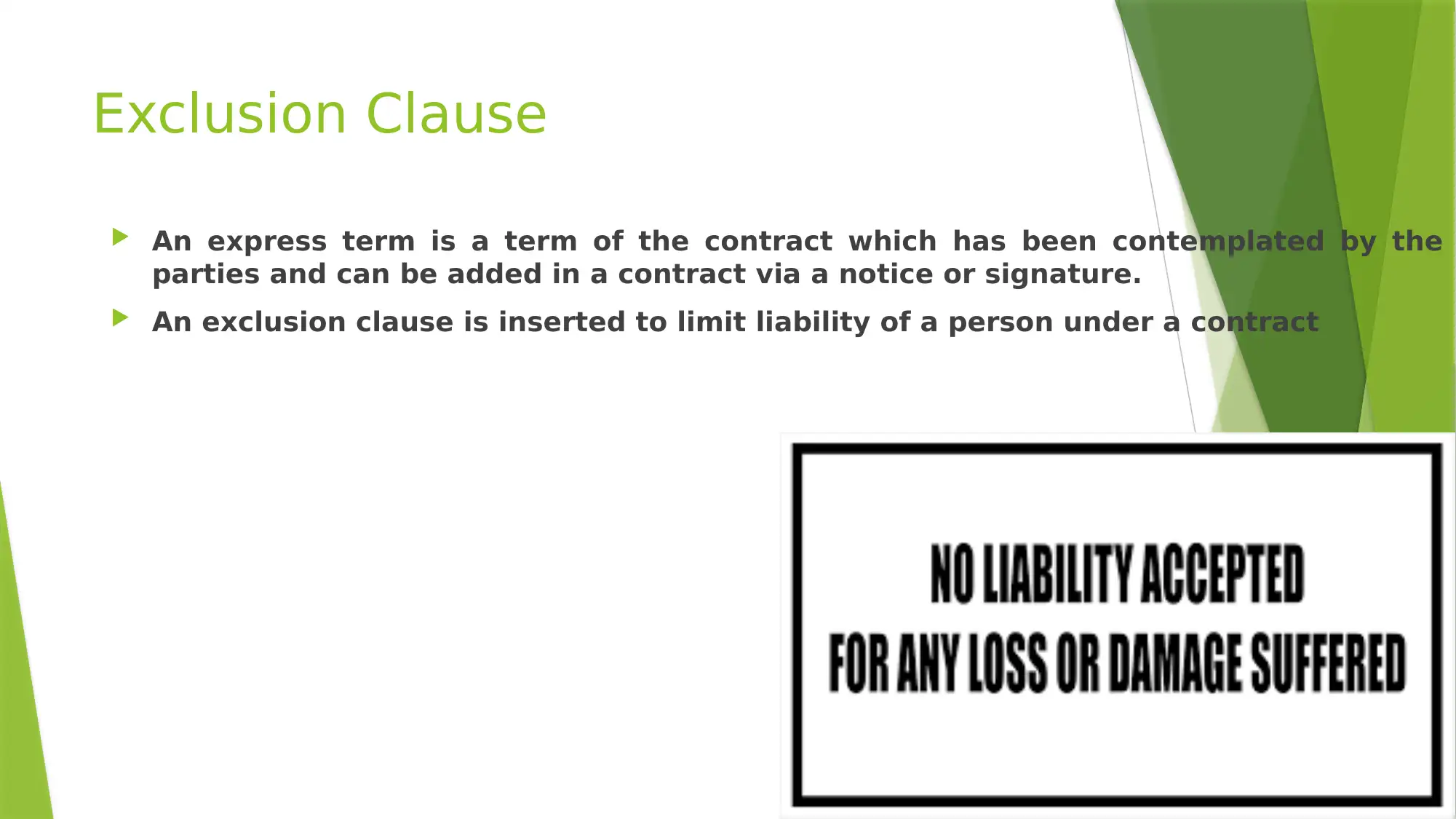
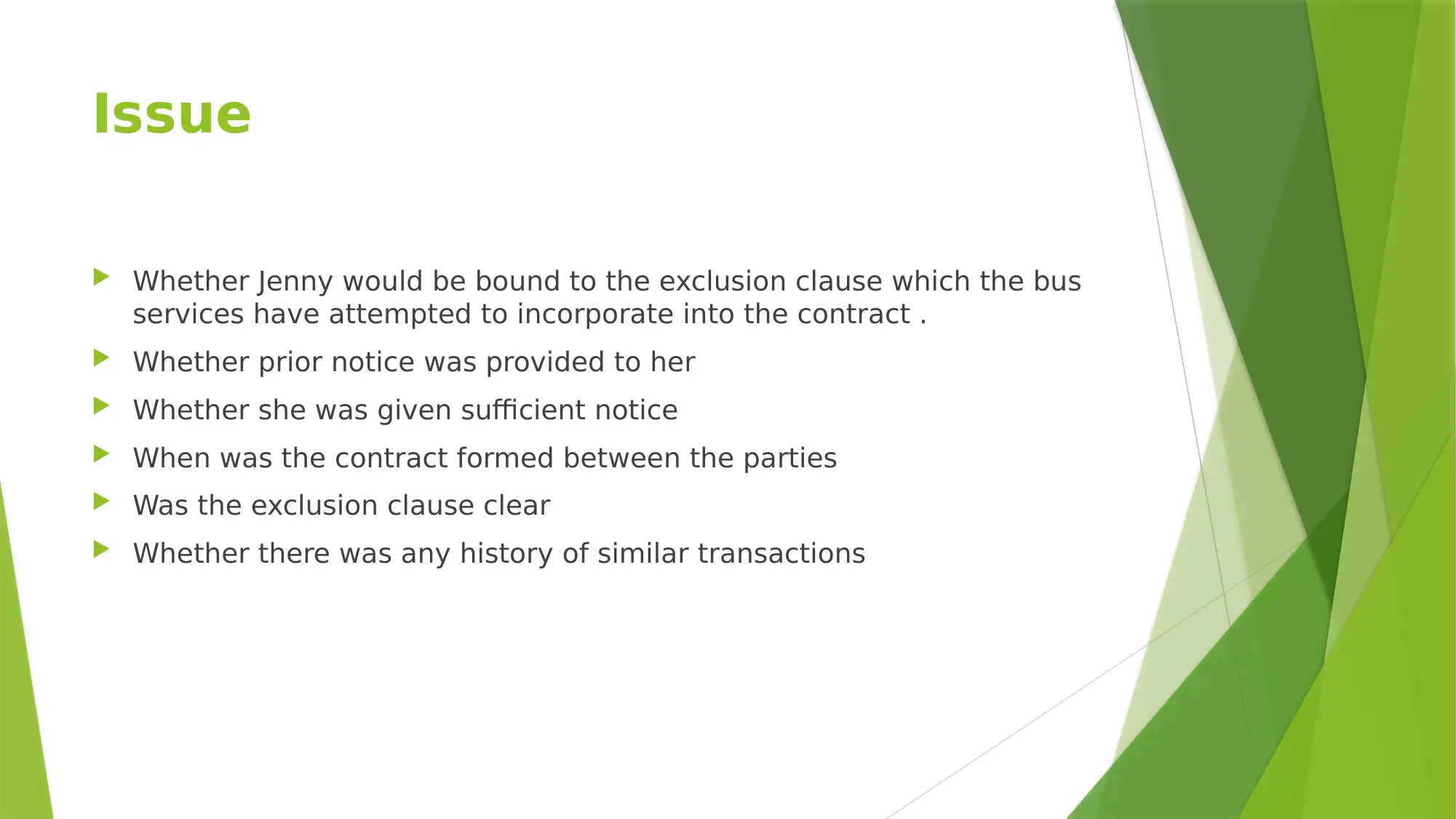

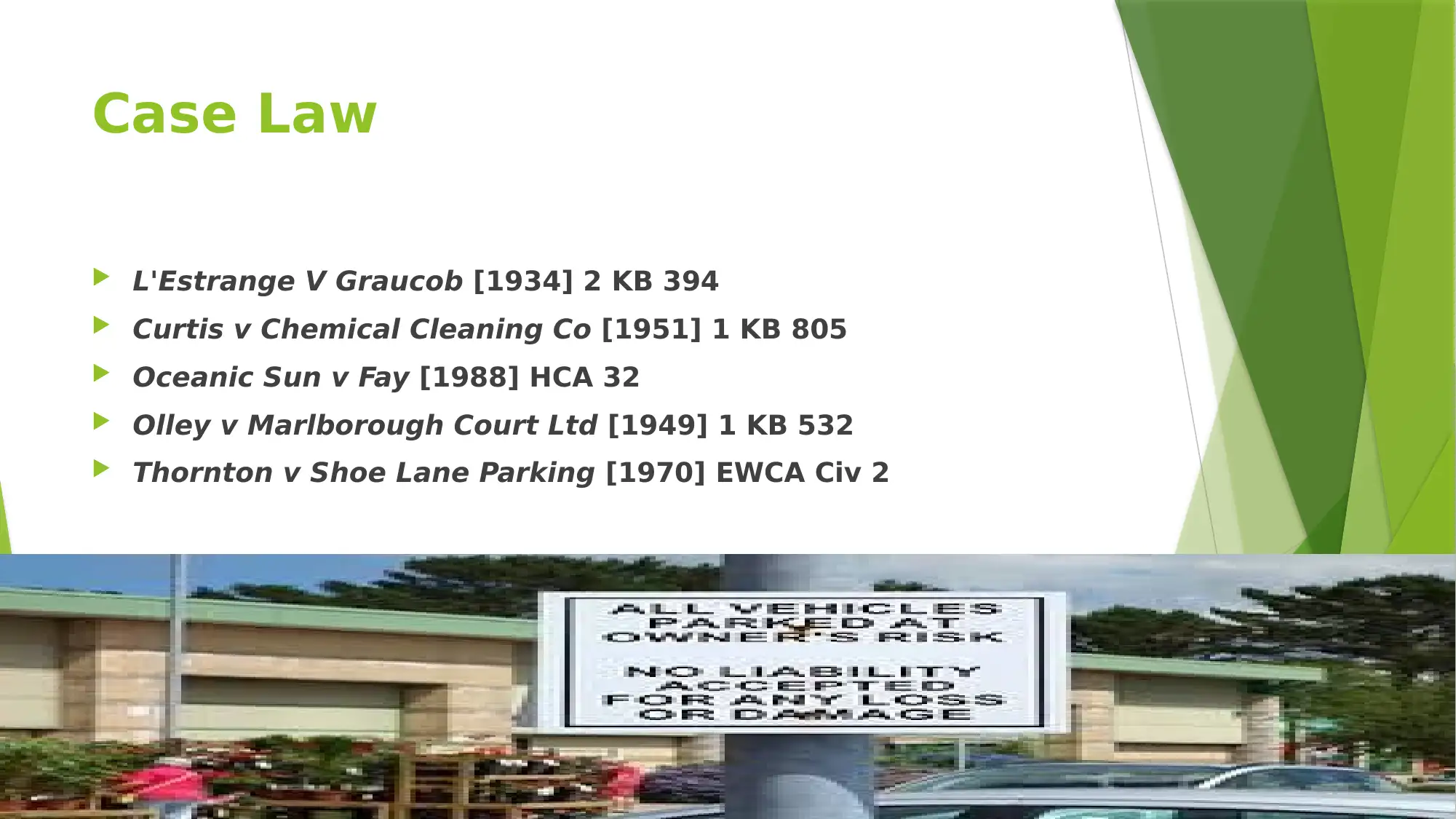
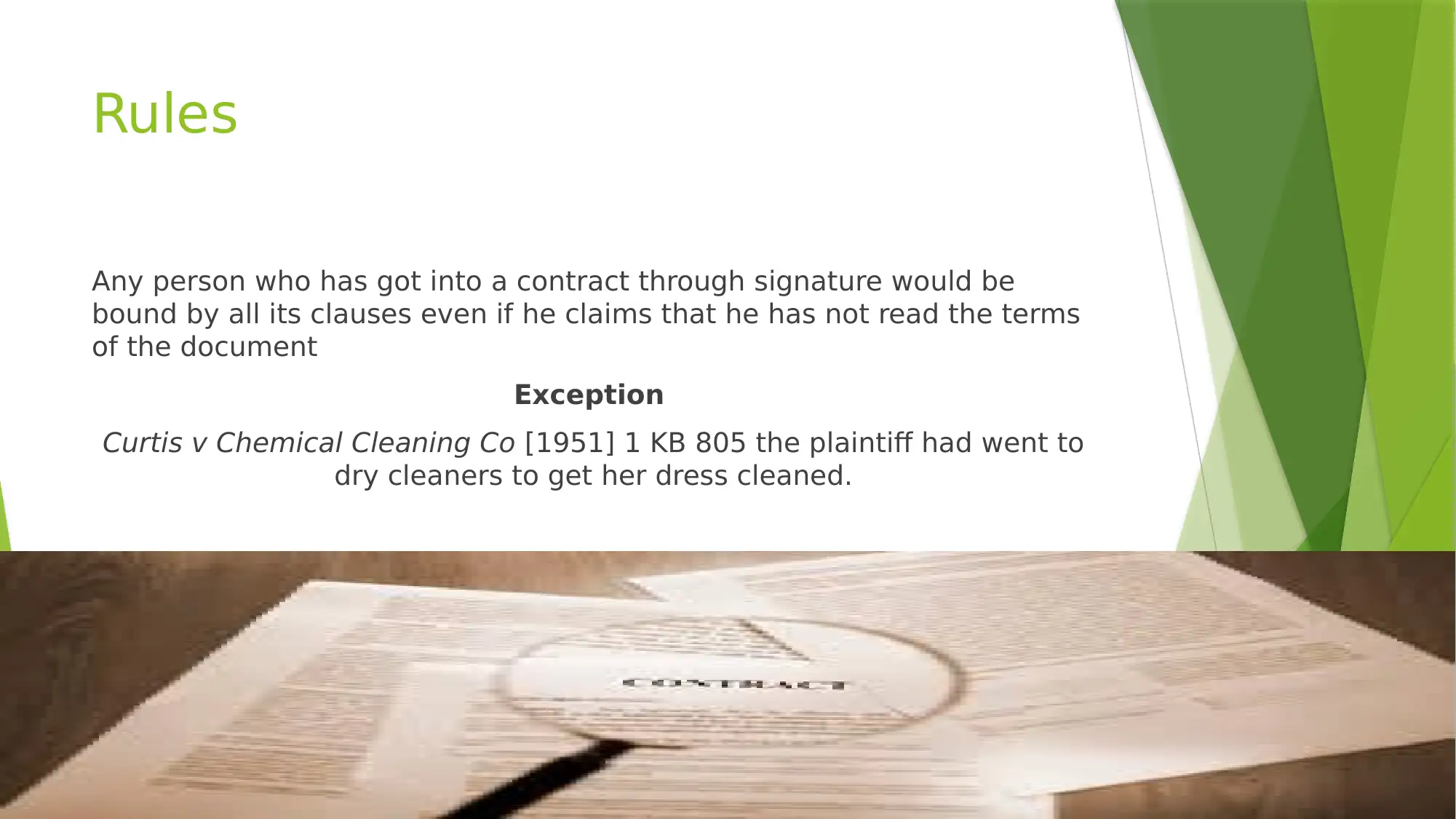
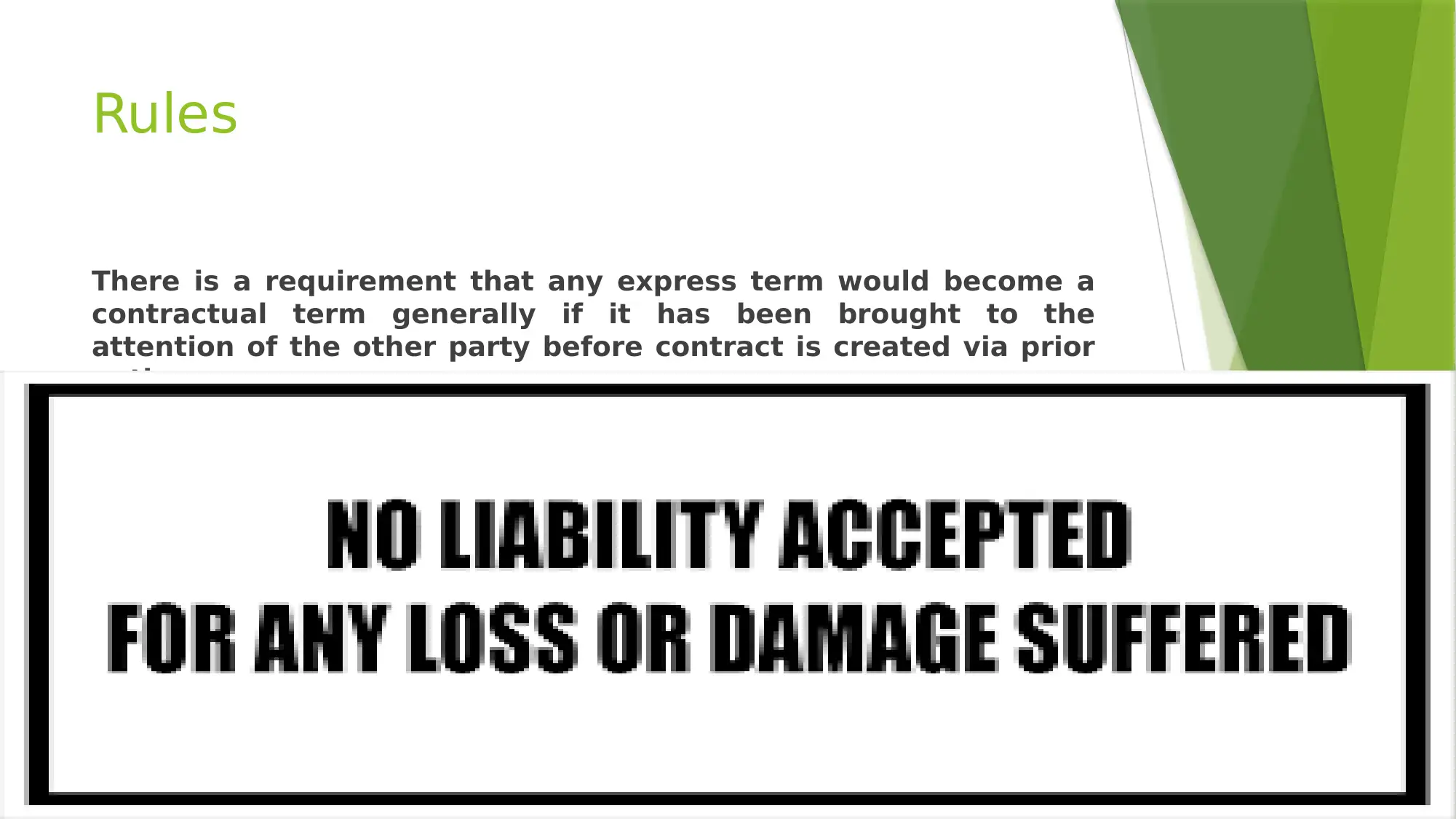
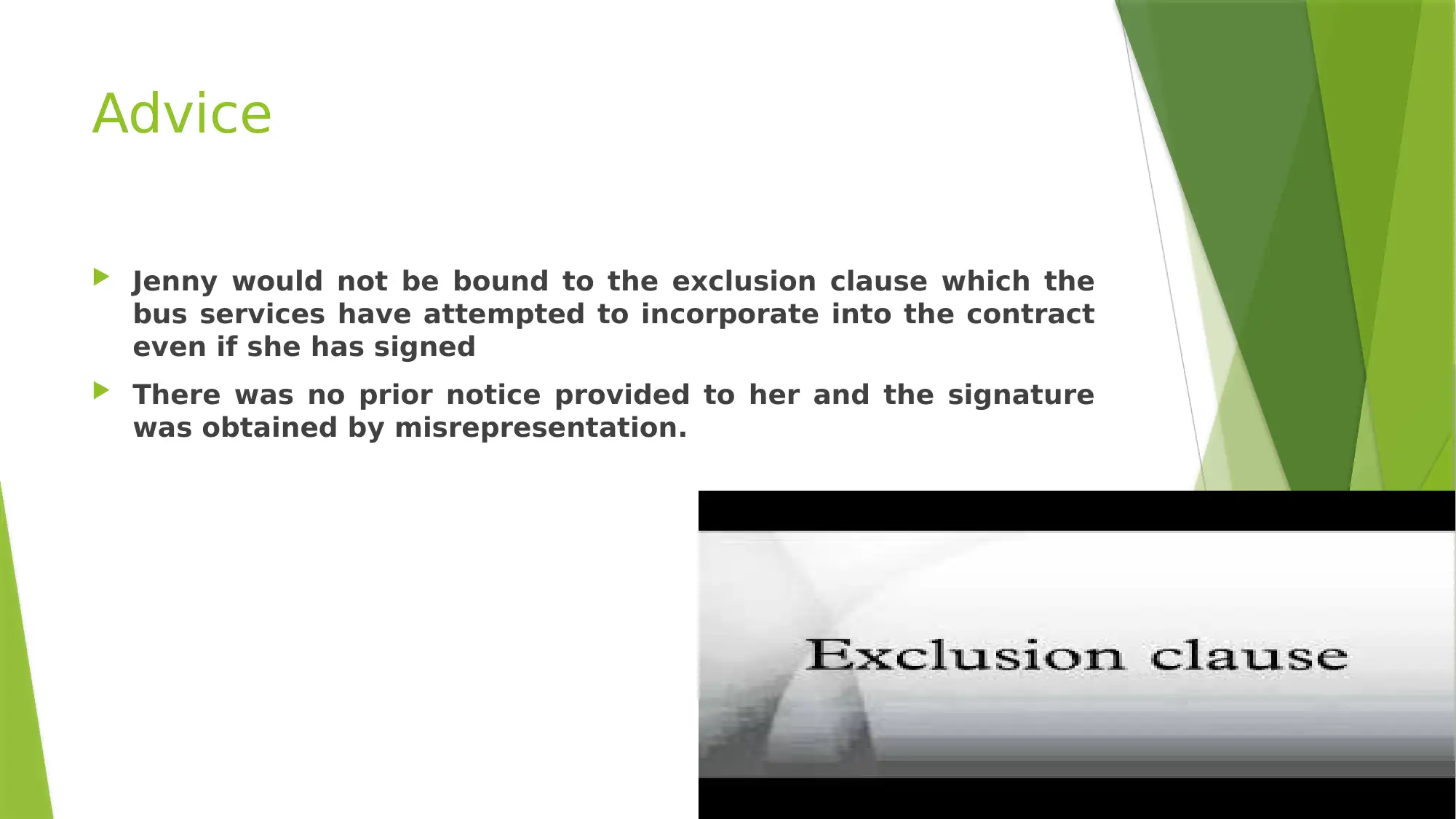
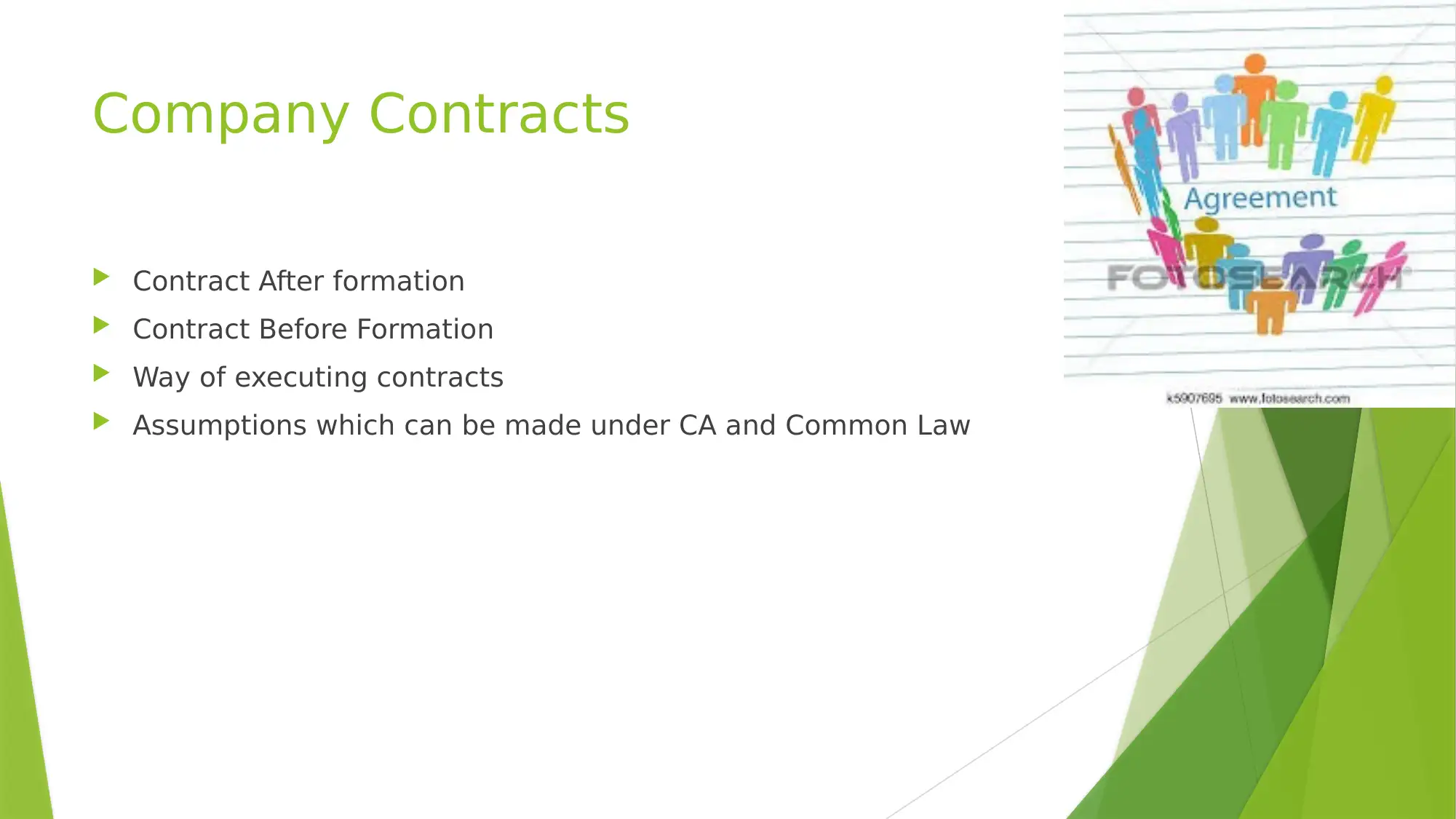
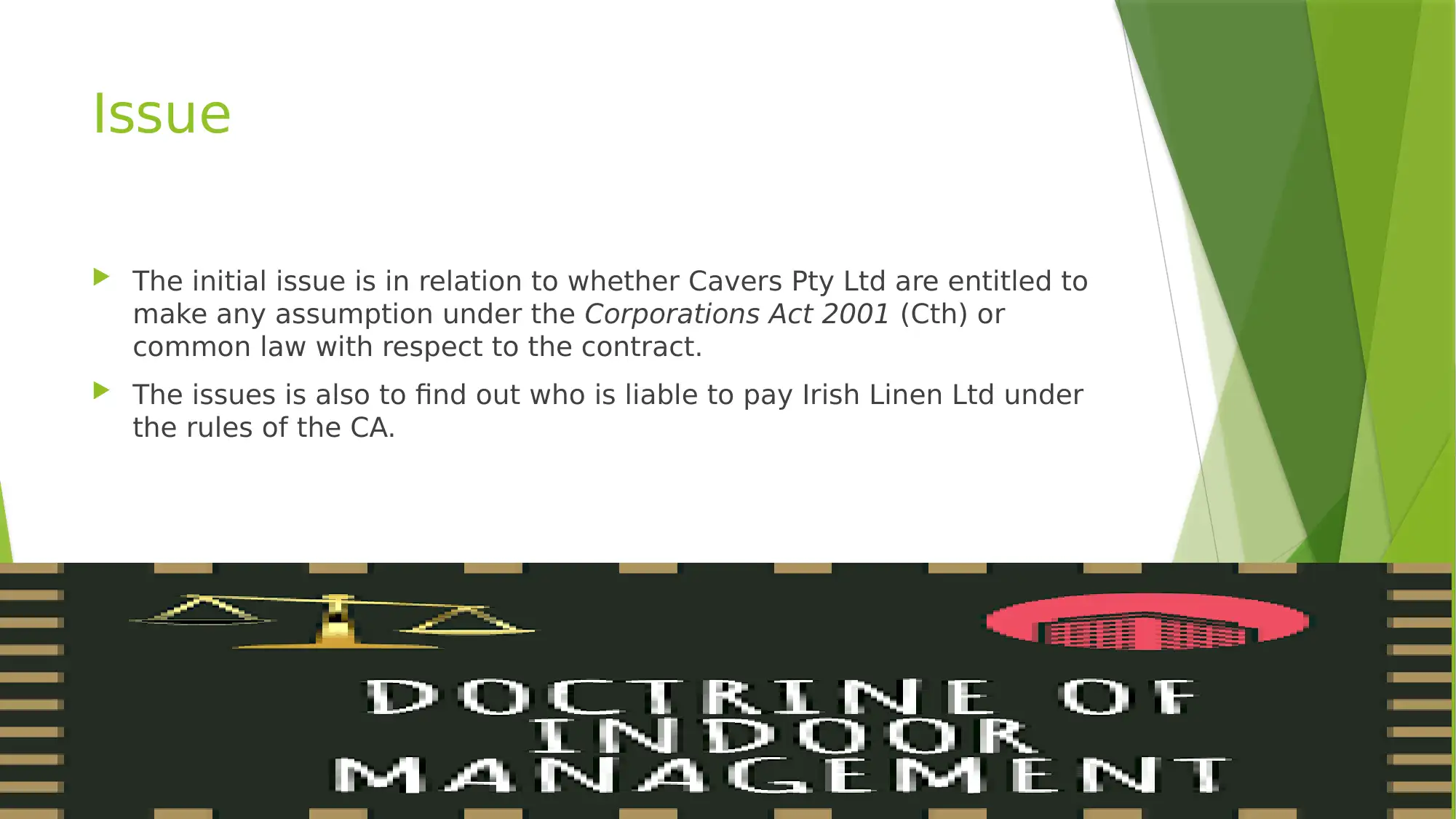

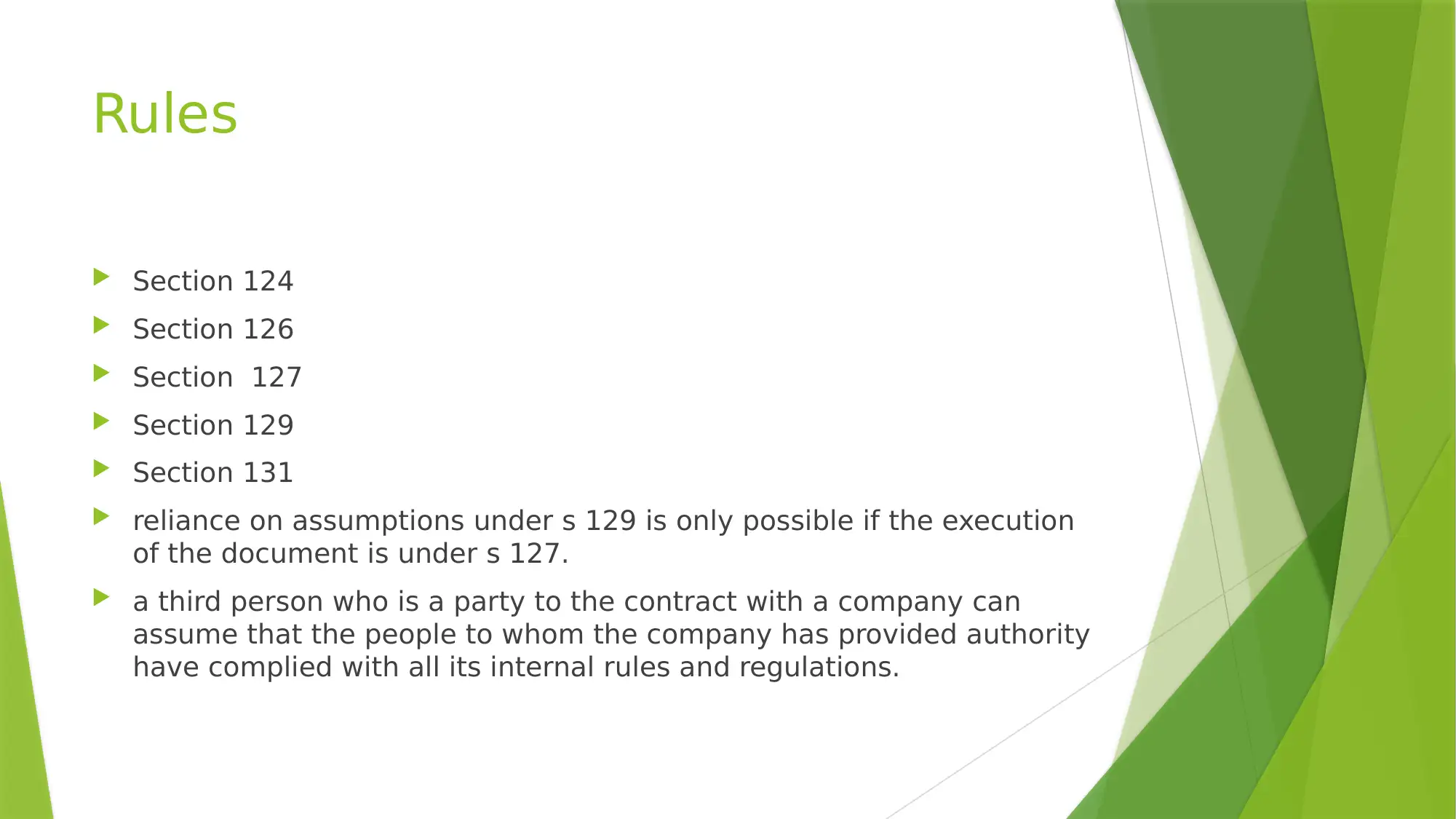
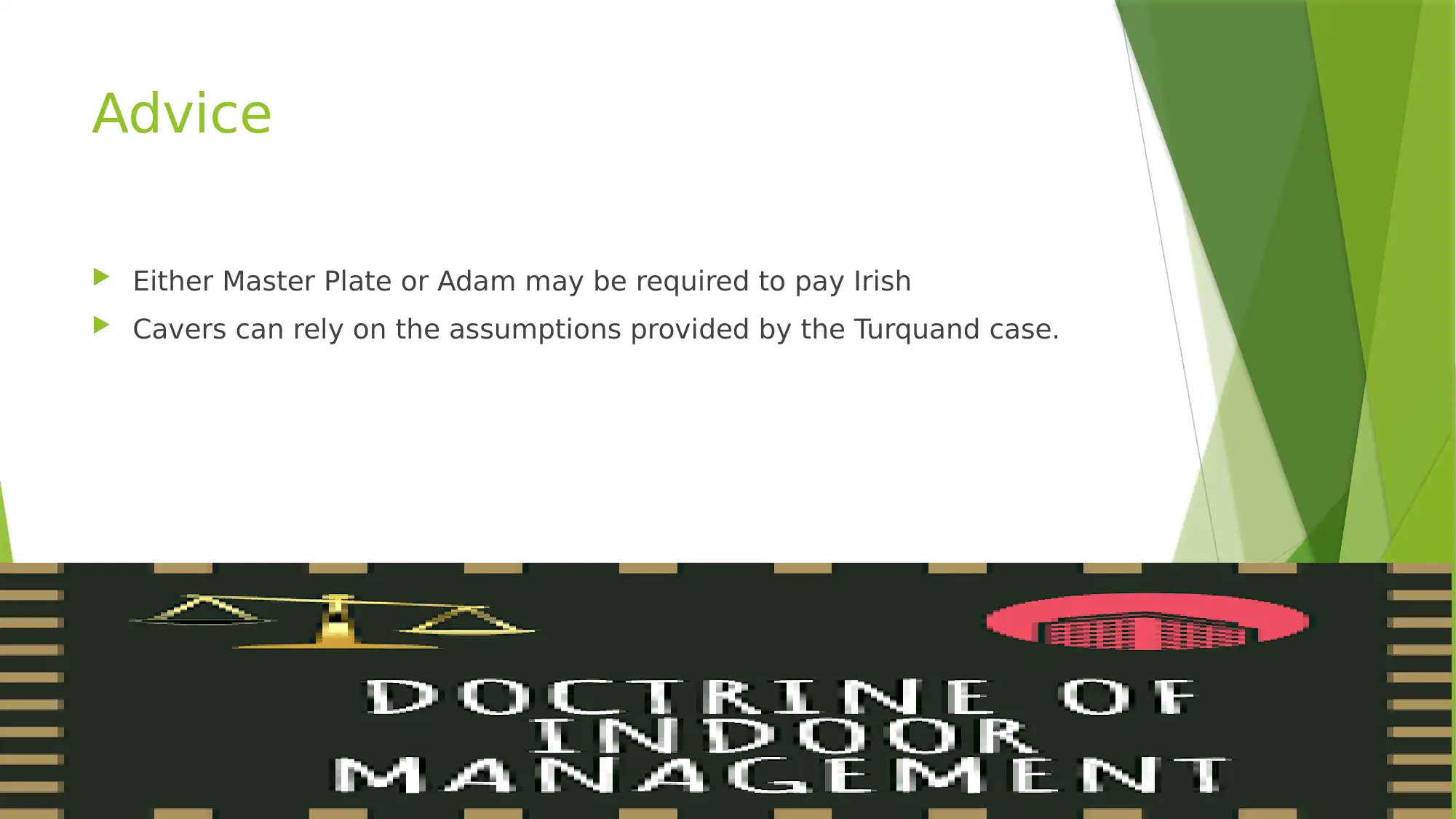






![[object Object]](/_next/static/media/star-bottom.7253800d.svg)